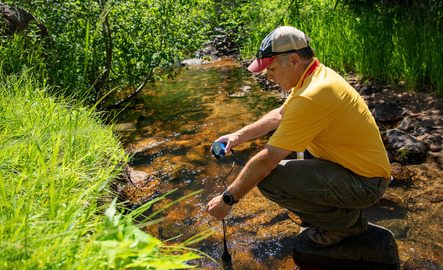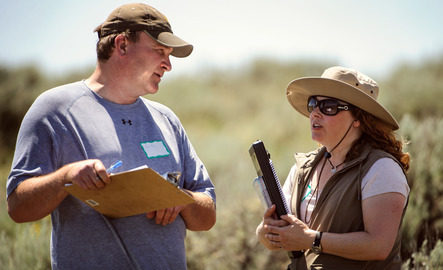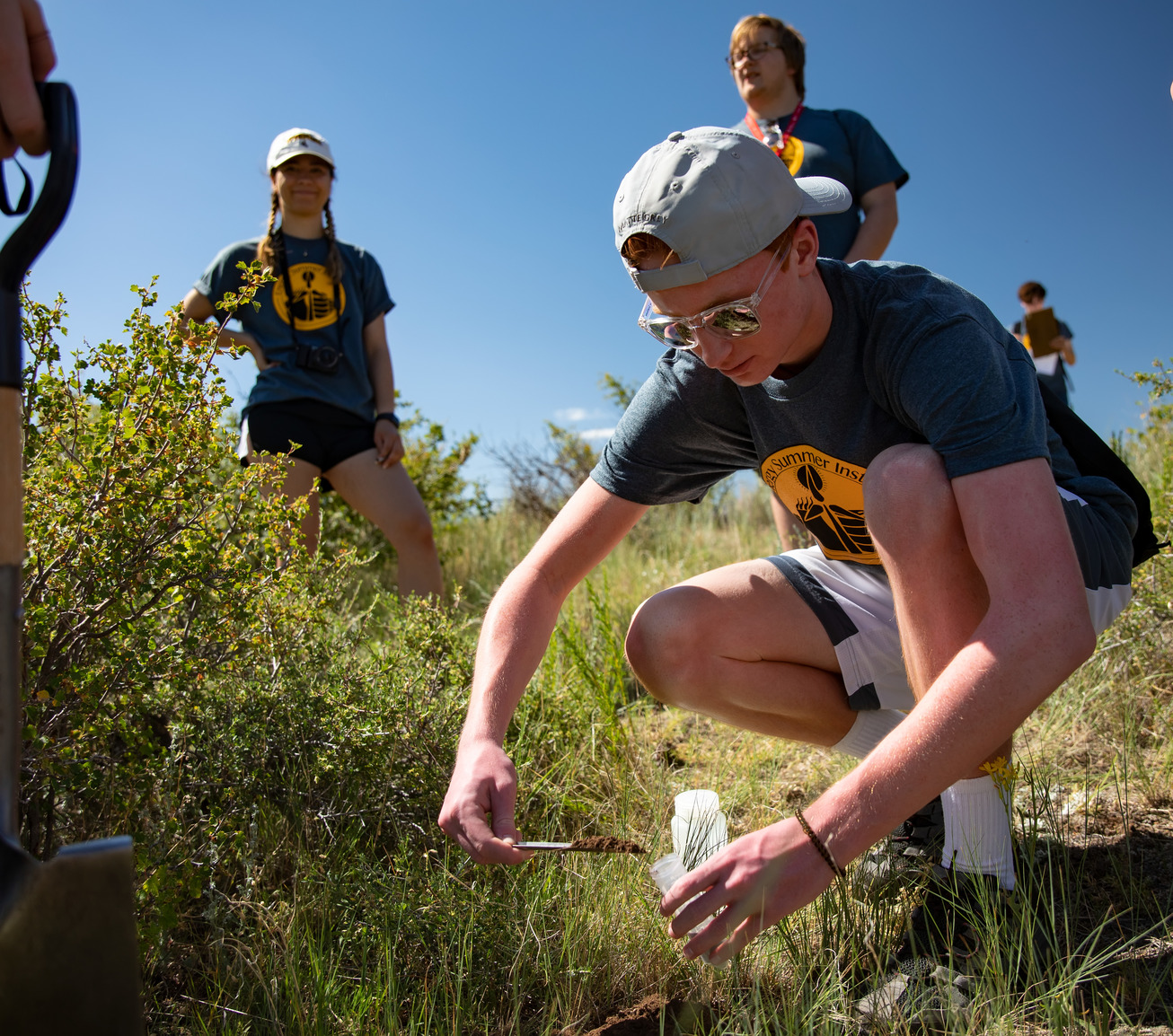What is Reclamation/Restoration Ecology (RRE)?
Students who have completed a B.S. in an appropriate science-oriented discipline or are currently enrolled in an M.S. or Ph.D. program, as well as professionals in RRE, may complete the graduate certificate. In the RRE Program, you will study how a combination of living organisms, hydrologic- and soil-processes, geology and landscape topography determine ecosystem function in reclaimed and restored sites.

UW faculty are committed to advancing research in the field. An excellent example is Kristina Hufford who focuses on researching genetics and adaptation in restored plant species, plant community dynamics and improved restoration outcomes. There’s so much to learn from first-hand experiences with our faculty!

What Can You Do with a Graduate Certificate in RRE?
A graduate certificate in reclamation/restoration ecology prepares you for careers in land rehabilitation, ecological restoration and environmental consulting. With growing demand for resource development, employers value RRE expertise in outreach, education and restoring impacted ecosystems.
- Ecologist
- Environmental Planner
- Environmental Compliance Manager
- Ecological Monitoring Technician
- Conservation Research Coordinator
- Reclamation Specialist
- Land Reclamation Project Manager
- Natural Resource Scientist
- Soil Conservationist
- Watershed Restoration Coordinator
- Environmental Consultant
- Habitat Restoration Technician
- Mine Reclamation Analyst
- Sustainability or ESG Analyst
- University of Wyoming
- Colorado Mountain College
- Maul Foster & Alongi, Inc.
- Forterra
Absolutely! A graduate certificate in reclamation and restoration ecology enhances your marketability by providing in-demand skills in land and habitat restoration. Employers in energy, environmental consulting and government natural resource agencies highly value this expertise.
Yes! UW’s RRE program is built on hands‑on, field‑based learning. Students participate in field research in order to gain practical skills in data collection, analysis and ecological methods.
"As demand for natural resources continue to increase, so will the need for ecological restoration. Likewise, the future will require a growing base of restoration practices and personnel that have proven successful in arid ecosystems."


